Preterm birth is when a baby is born too early before 37 weeks of pregnancy have been completed. Premature birth is a very serious health problem and a leading cause of death among children younger than five years worldwide. Premature babies have more health problems than babies born on time and may experience long-term health problems that affect the brain, lungs, hearing or vision.
Worldwide, more than 1 in 10 babies are born prematurely each year, resulting in an estimated 15 million preterm births per year. Across 184 countries, the rate of preterm birth ranges from 5% to 18% of babies born. In India, out of 27 million babies born every year (2010 data), 3.5 million babies born are premature and over 300,000 of these preterm babies die each year because of associated complications.
The World Prematurity Day is annually observed on November 17th to raise awareness about this serious health crisis. On this day, several webinars and events are being conducted to highlight the critical importance of neonatal care during this vulnerable period of life. We at Medicircle are conducting the World Prematurity day Awareness Series wherein we will be featuring experts in this field to understand and create more awareness about premature birth.
Dr. Chandrashekhar Phadnis has 20 years of experience in Pediatrics and has worked in various capacities at Municipal Hospitals in Mumbai. He also worked as a consultant Pediatrician at corporate hospitals and nursing homes in Mumbai, Pune and Belgaum. He currently works at AV children's and Multispecialty Clinic, Pune. He was also a lecturer at the Government Medical College in Belgaum, Karnataka for the training of undergraduate students. He is regularly attending national and international conferences in Neonatology and Pediatrics.
Categorization of prematurity
Dr. Chandrashekhar says, "Prematurity is when the baby is born before 37 weeks of gestation. Prematurity can be further categorized based on the severity of premature baby as:
32 – 37 weeks – Moderately premature
28 – 32 weeks – Very premature
Less than 28 weeks – extremely premature
Risks associated with premature babies
Dr. Chandrashekhar describes the short-term and long-term risks associated with premature babies.
Short term risks
Breathing problems - Lung problems
Heart problems – Heart fails to pump, this is very common in these babies
Brain problems – Bleeding in the brain, muscle weakness, paralysis
Temperature control – premature babies don't have fat in their bodies. The body cannot produce heat, so they are kept under heaters.
Premature babies require admission to NICU. Keeping them in NICU can create other complications like ventilator-associated pneumonia.
Digestion problems – They have an immature stomach that causes problems like swelling.
Blood problems – hemoglobin, anemia
Jaundice – Brain damage
They are at high risk of bacterial infection. The treatment requires the use of antibiotics which itself causes other side effects.
Low sugar and sodium.
Long term risks
Neurological problems – Cerebral palsy, learning problems, vision problems, hearing and dental problems.
Asthma and other frequent infections are common.
Delayed development.
Preterm baby care - Parents should know
Dr. Chandrashekhar explains lists out some do's and don'ts for new parents of premature babies
After going home, avoid visitors especially if someone is not well as the baby can catch infections very easily.
Baby's immunity is very low for the first 3 months – avoid visitors and traveling.
You should know emergency numbers and be aware of instructions.
Whenever the doctor calls, don't skip visits. The doctor can do a proper overall checkup of the newborn.
Caretakers should know basic CPR.
Maintain an adequate temperature in the baby's room.
Parents can take extra knowledge from books and literature available in the market.
Premature babies - Myths and facts
Myth - Premature babies should be given formula milk or powder milk.
Fact – Mother's milk should be given which is best for babies. Formula milk can be taken as a supplement.
Myth – Premature are born because of mothers.
Fact – The exact reason for prematurity is not known. It can happen to anyone, so women should not be blamed for this.
Myth – Parents cannot take care of their babies in NICU.
Fact – They can help in the care of a baby. They can help the nurse in feeding and diaper changing. Skin-to-skin contact of mother and baby helps in solving many problems of the newborn.
Myth – Premature babies grow naturally
Fact – Premature babies have many other complications and risks as compared to normal babies and should be taken extra care of. Visit the doctor regularly, the doctor can check their developments.
(Edited by Renu Gupta)
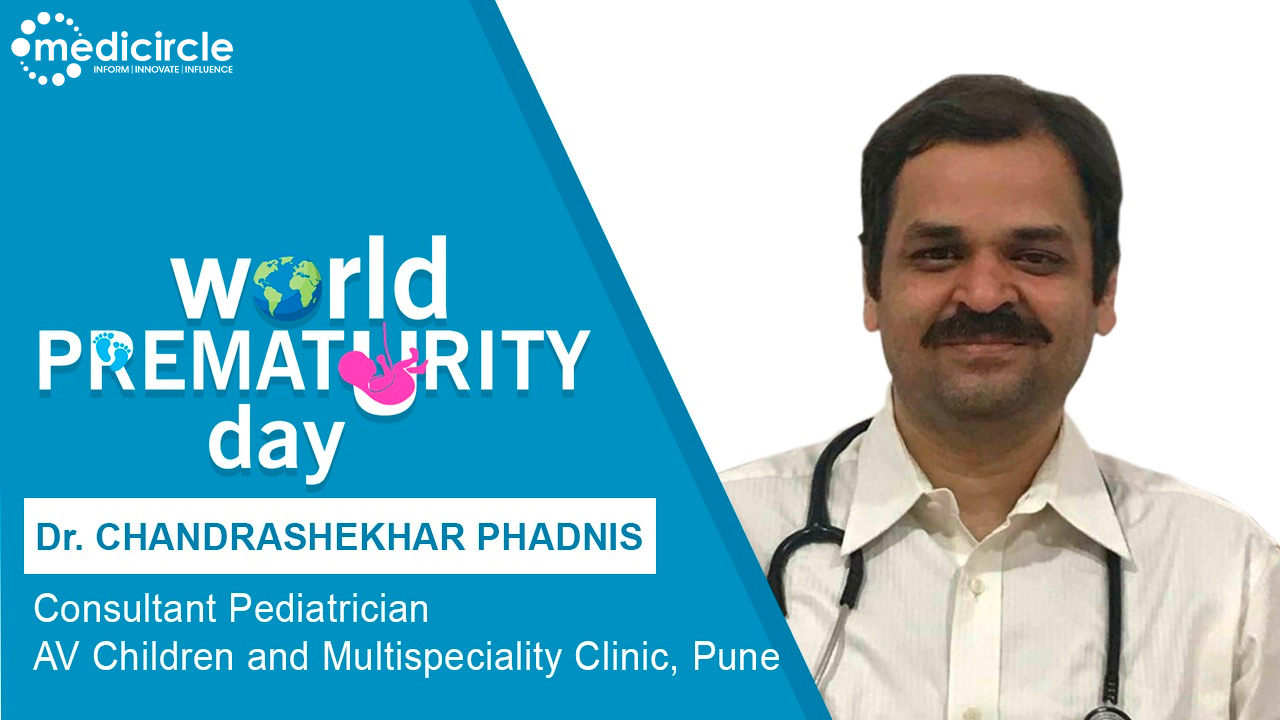
 In India, approximately 3,00,000 preterm babies die each year because of associated complications. Mothers and fathers can play a vital role in the care of these babies. They should be aware of their health problems, do's and don'ts of preterm baby care. Here are some of the amazing tips that are shared by Paediatrician Dr. Chandrashekhar Phadnis
In India, approximately 3,00,000 preterm babies die each year because of associated complications. Mothers and fathers can play a vital role in the care of these babies. They should be aware of their health problems, do's and don'ts of preterm baby care. Here are some of the amazing tips that are shared by Paediatrician Dr. Chandrashekhar Phadnis





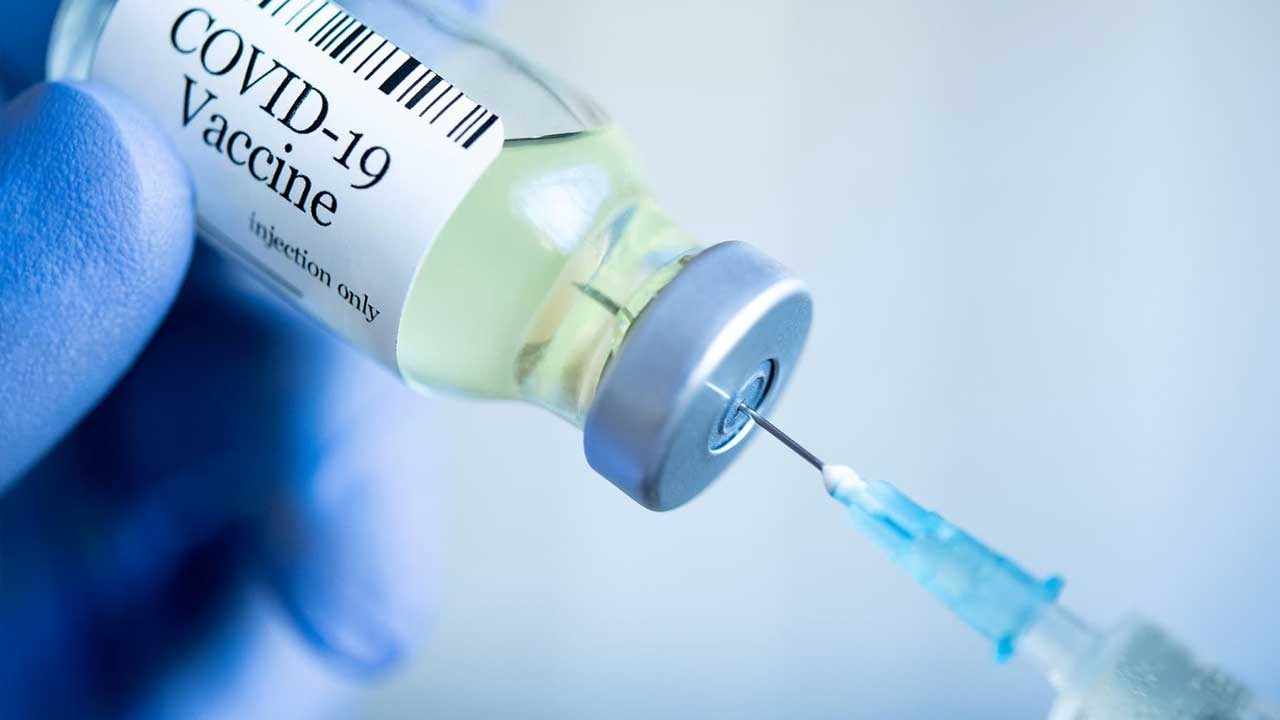

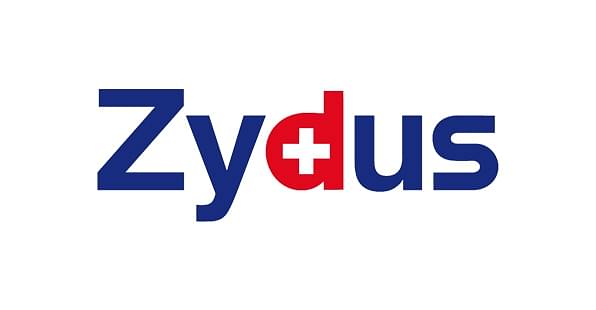



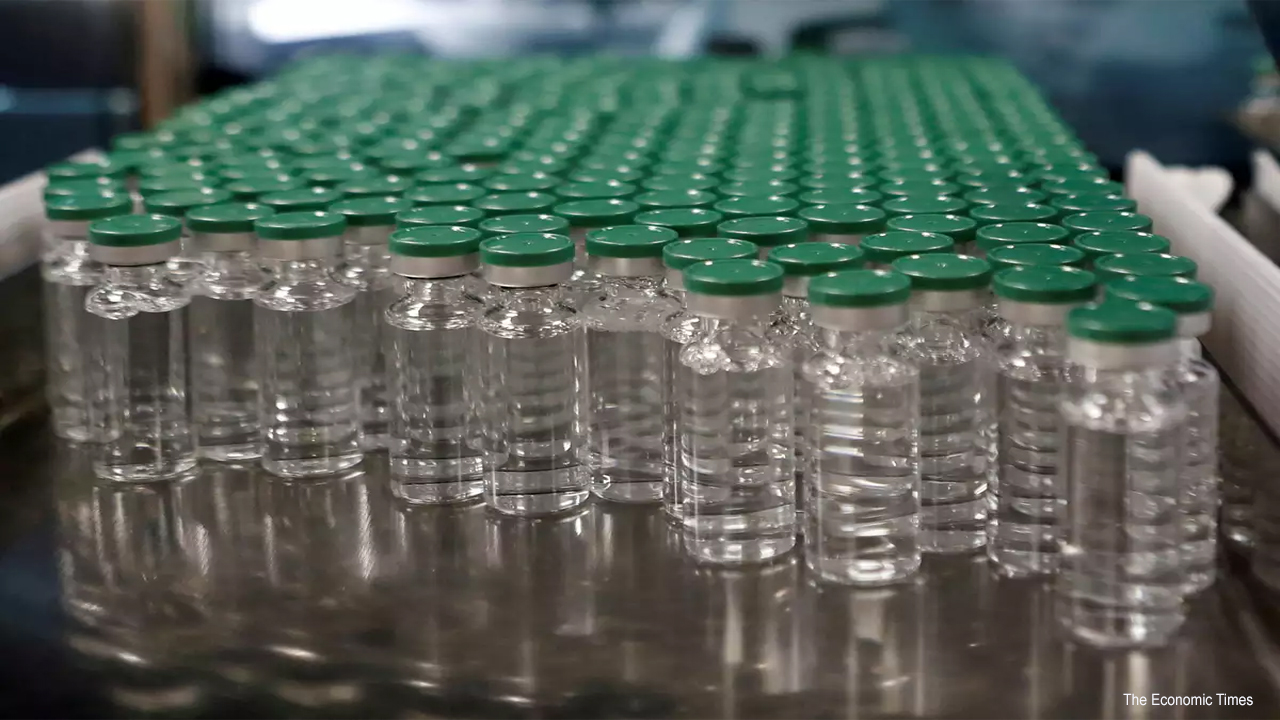

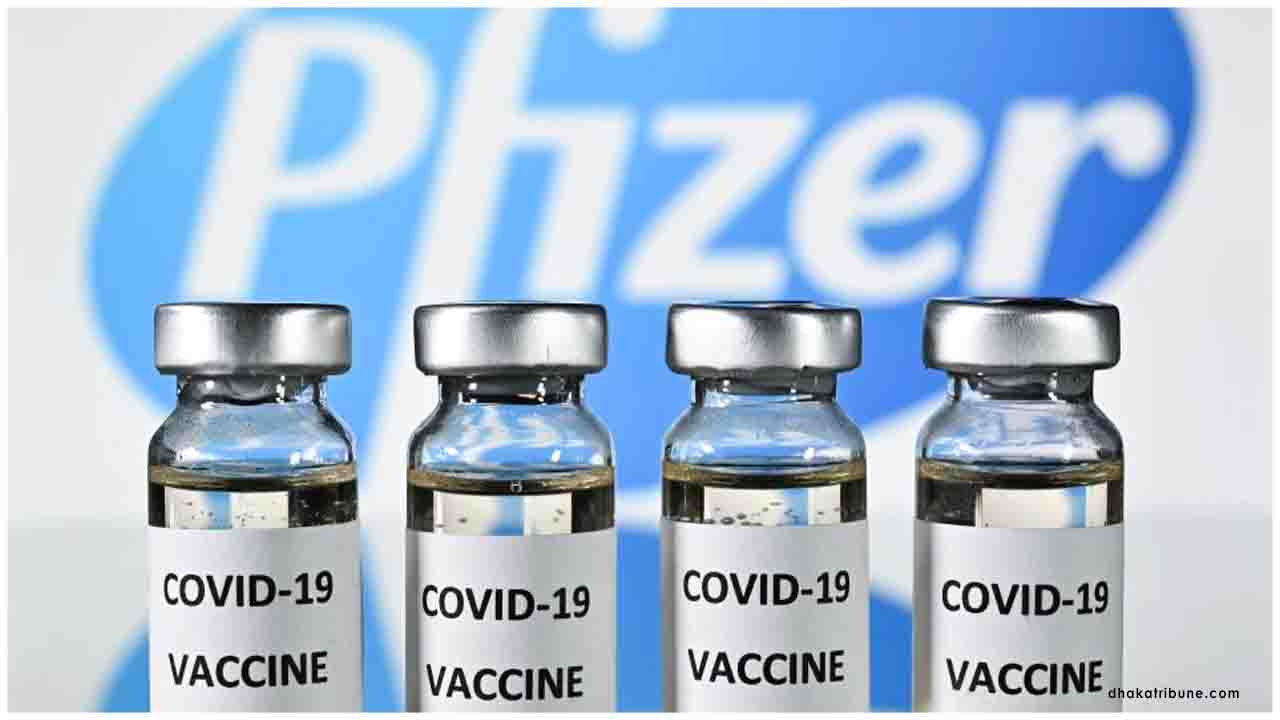





.jpeg)



















.jpg)
.jpeg)